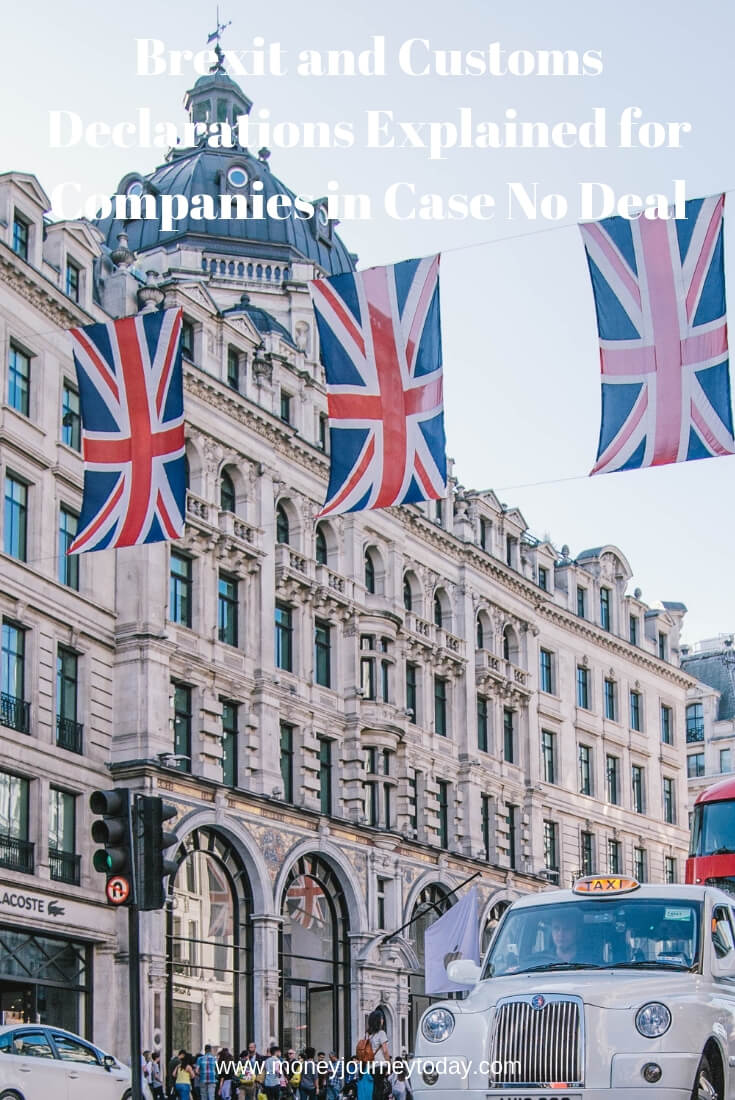Despite the UK electorate having voted to leave the EU way back in June 2016, businesses nationwide still have no idea about the terms on which the Britain will exit the union on March 29th.
In fact, the recent votes in Parliament seem to suggest that an extension to Article 50 is now the most likely short-term outcome, with a majority of 211 MPs having moved to delay our departure from the EU for the time being.
However, there’s still a legal basis for a no-deal exit of the EU member states do not agree to an extension, despite politicians having voted against this option earlier this week. If this is the case, UK firms will face considerable changes to customs legislation, while also coping with seismic disruption across an array of industries.

The Basics About No-deal and Customs Declarations
In the event of a no-deal, it has already been confirmed that UK firms will have to apply the same rules to goods moving between Britain and the EU as those that are in place for trade with non-EU nations.
In simple terms, this replicates the workings of a so-called hard border between the UK and all EU member states, meaning that customs declarations will be required whenever goods leave or enter British ports.
To help British firms transition to this new legislation, HMRC has introduced a temporary and simplified procedure that’s aimed at businesses which are unfamiliar with the customs process and transportation of goods through UK ports.
In the weeks following Brexit, this procedure will allow products to flow into the UK from the EU with reduced requirements for customs declarations. While this is far from being a long-term solution, it’s one that could provide relief during a period of genuine economic volatility.
What Sectors will be Most Adversely Affected?
Clearly, it’s cross-border sectors that will be most adversely affected in the event of a no-deal Brexit, namely food retail, agriculture and logistics.
Not only with these firms see considerable disruption to their supply chains, for example, but they’ll also face increased costs of operation thanks to the payment of customs duties and fluctuations in the value of the pound.
In the case of the agricultural sector, farmers could also face lamb and beef exports of up to 50% under WTO terms, which according to most estimates would decimate the industry in the UK.
Ultimately, cross-border traders and firms have been advised to consider the classification and value of their goods for customs purposes, while also determining how they intend to pay duties and factoring in any changes to VAT.
Some service providers can also help businesses to help prepare for these legislative changes ahead of time, making them well-placed to cope with the likely fall out from the Brexit debacle.
Highly regulated sectors like banking will also face issues, with a number of high profile lenders having already transferred billions of pounds into Irish, French and Polish subsidiaries.
This type of restructuring may be the best options for banks, lenders and airlines, who are likely to be among the most adversely affected by a no-deal Brexit.